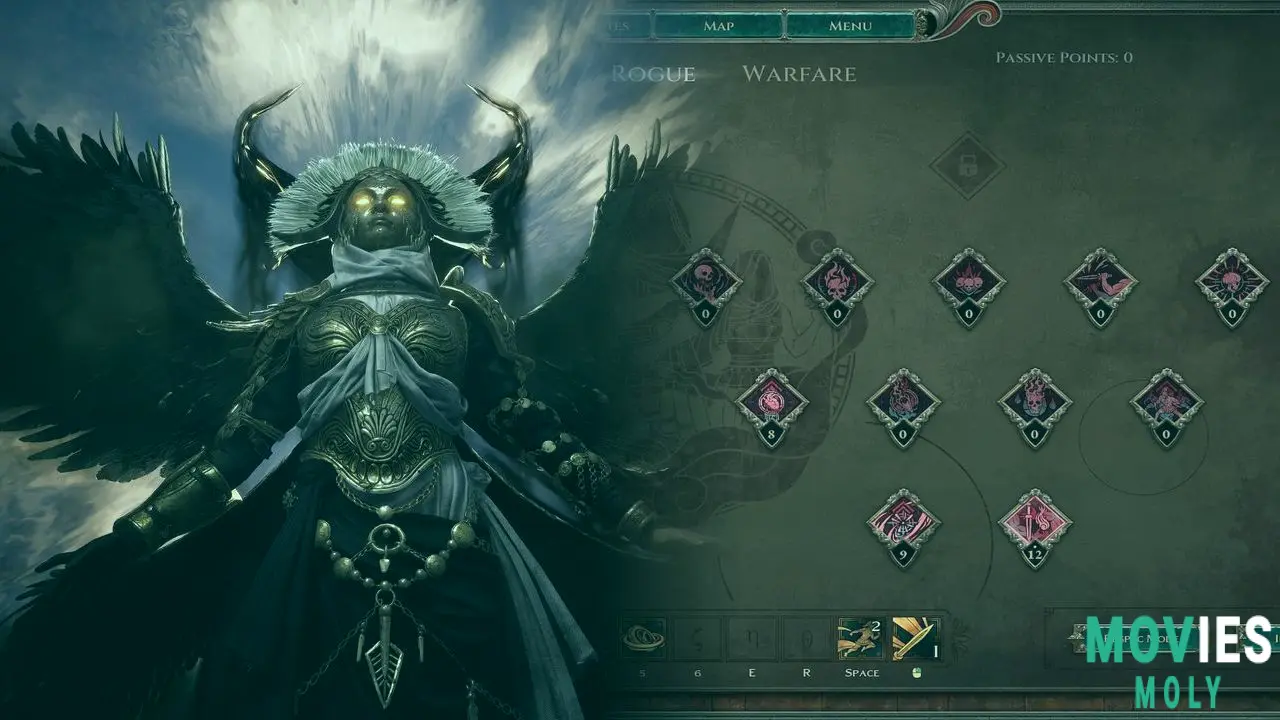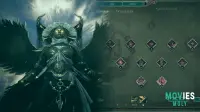The environment of action RPGs has evolved into a complex battleground. Gamers frequently find themselves juggling complex live service models, limitless currency, and ongoing requests for involvement. However, a new rival has emerged, providing a welcome counter-narrative to the genre's present trends. Titan Quest 2, the long-awaited successor to the 2006 mythical ARPG, has landed in early access, taking a very different approach than its predecessors Diablo 4 and Path of Exile 2.
This latest ARPG entry is more than just a return to ancient Greece; it seems like a voyage back to a simpler time in gaming. While Diablo 4 embraces a dark fantasy world with recurring seasonal content and microtransactions, Titan Quest 2 advocates for a buy-to-own approach and focuses on core gameplay. This distinction sets the stage for an engaging discussion regarding the future of the action RPG genre.
The Current ARPG Landscape and Titan Quest 2's ApproachModern ARPGs have pushed the limits of complexity. Path of Exile 2 and Last Epoch, for example, have complex skill trees and in-depth character theorycrafting capabilities. Meanwhile, Diablo 4 has embraced an MMO-style framework, complete with battle passes, cosmetic shops, and a steady supply of upgrades. This progression frequently requires a large time investment from players, as well as ongoing monetary commitments.
Titan Quest 2 follows a new path. It primarily avoids the complex mechanics that characterize many modern ARPGs. Instead, it focuses on straightforward combat, a versatile skill system, and a clear growth path. This design choice distinguishes it as a viable option for players seeking a less demanding experience.
While Diablo 4 is great at dark fantasy, Titan Quest 2's vivid Greek mythology and 'no MTX' policy are a breath of fresh air in the genre. #Diablo4 #Titan Quest 2
Deep Dive into Gameplay: Masteries, Skills, and Combat.
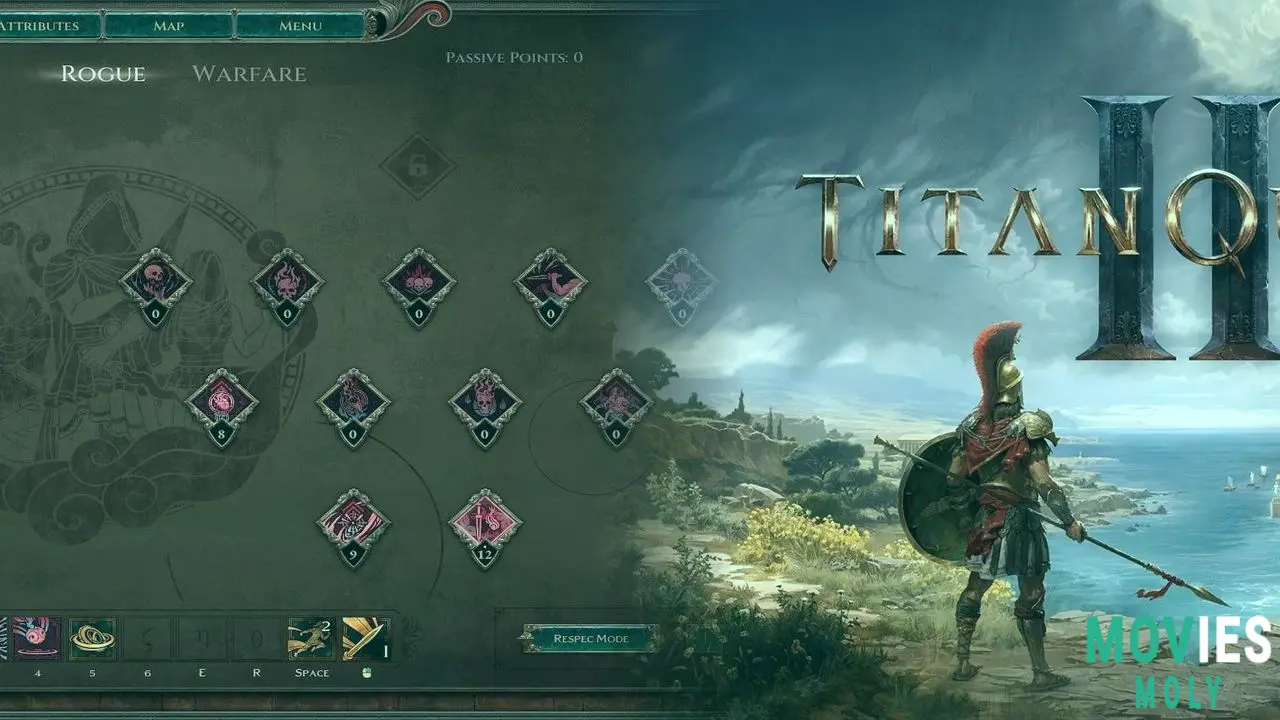
Mastery System: Developing Your Greek Hero
Titan Quest 2's character creation revolves around a dual mastery system. Players choose two masteries from the various options, which include Earth, Storm, Warfare, and Rogue. This decision influences their character's class and the abilities they can acquire. Each talent can be enhanced using modifiers, providing a level of flexibility without the enormous intricacy found in other games. For example, a player focused on Earth mastery may convert a magical Fissure strike into a melee ability with a lava effect, tailoring it to a fighter build.
This approach provides for a variety of playstyles. A spellcaster may combine Earth and Storm masteries to cause elemental disaster. A tank might combine Warfare with defensive expertise to achieve high resilience. Melee DPS fighters can benefit from synergies between Warfare and Rogue to unleash strong attacks. This freedom allows players to experiment with a variety of build concepts.
Titan Quest 2's mastery system is more than merely adaptable; it's a masterclass in character customization without being overly difficult. #GamingTips #TTQ2
Combat and Exploration: A Gritty Greek Holiday.
Titan Quest 2 combat is direct and impactful. Players face mythical opponents such as Satyrs, Gryphons, and Cyclopes in battles that require dodging and strategic countermeasures. Enemies demonstrate tactical knowledge by establishing groups and cooperating in ambushes rather than simply charging. This results in engaging interactions that can be rather demanding.
The game is set in a handmade world packed with hidden treasures, secret passageways, and a variety of quests. This emphasis on discovery leads to a gratifying experience as players travel across stunning coasts and creepy tunnels. While early access reports mention occasional performance issues, such as frame rate drops and some rough edges in multiplayer, the core experience is still strong.
Titan Quest 2 is a welcome return to ARPG principles, demonstrating that sometimes less complexity equals more fun. #TitanQuest 2 #ARPG
Monetization Models: A Breathe of Fresh Air
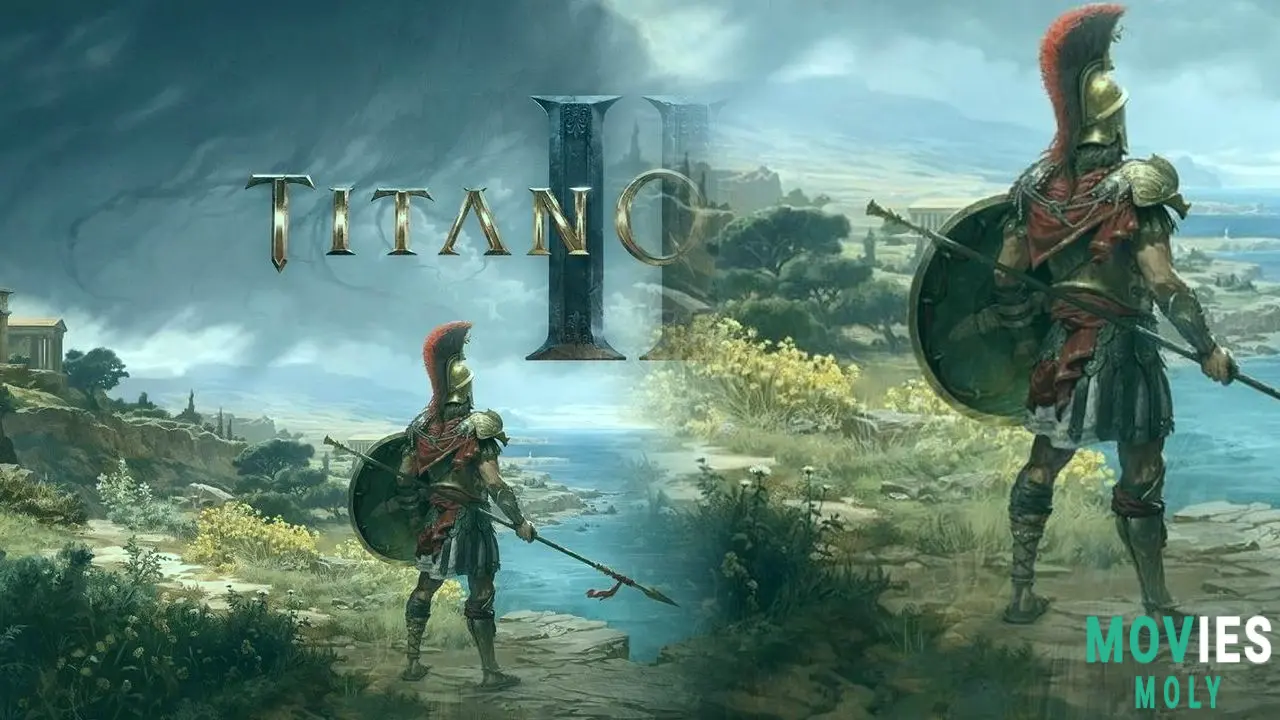
Buy-to-Own vs. Live Service: A Genre-Defining Option
One of Titan Quest 2's most prominent features is its monetization approach. The makers have committed to a "buy-to-own" model, which means that the main game is complete without microtransactions. This is in stark contrast to the popular live service models in games like Diablo 4, which rely on battle passes, seasonal content, and extensive cosmetic shops.
For gamers, this implies no pressure to spend more money after the initial purchase. It promotes a sense of completion and worth, allowing users to enjoy the game at their leisure without feeling obligated to interact with monetization systems. This decision could have a huge impact on the ARPG genre, providing a viable alternative to the increasingly popular free-to-play or live-service-based models.
From early access, Titan Quest 2 is evident that it is forging its own path, providing a fascinating alternative to the live-service titans. #Early Access #ARPG
The Future of Titan Quest 2: Roadmap and Community Sentiment
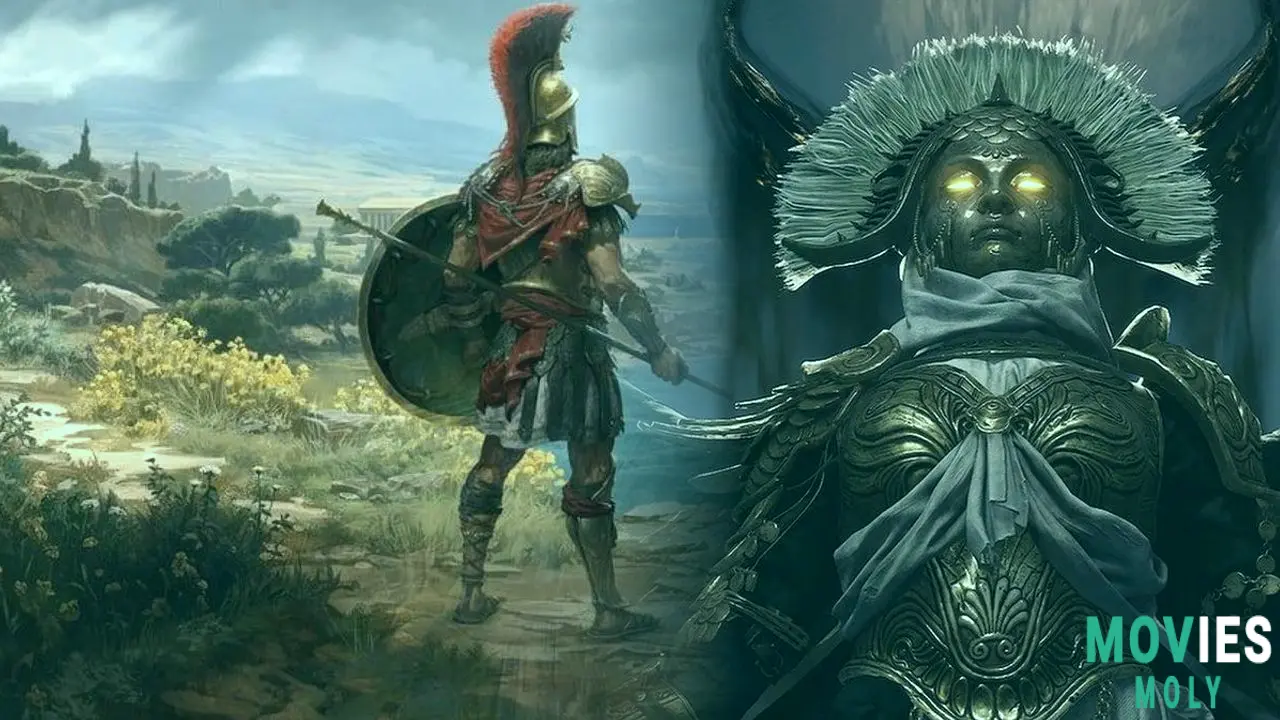
Early Access Updates and Beyond
Grimlore Games intends to offer substantial updates every three months during early access. These improvements will offer character customization and a transmog system. The decision to use a buy-to-own model with future DLC and expansions rather than microtransactions indicates a clear path for the game's development.
During early access, the community was overwhelmingly complimentary, complimenting the game's classic ARPG feel and compelling Greek mythological setting. Players are hungry for further content and upgrades, which the creators want to offer before the official release in late 2026. The game's future appears bright, with a clear vision that values player experience over aggressive monetization.
The debate continues: is Titan Quest 2 the ultimate spiritual successor to classic ARPGs, or does Diablo still reign supreme? I'm betting on both. #GamingDebate, #ARPGCommunity
Technical Performance and Accessibility
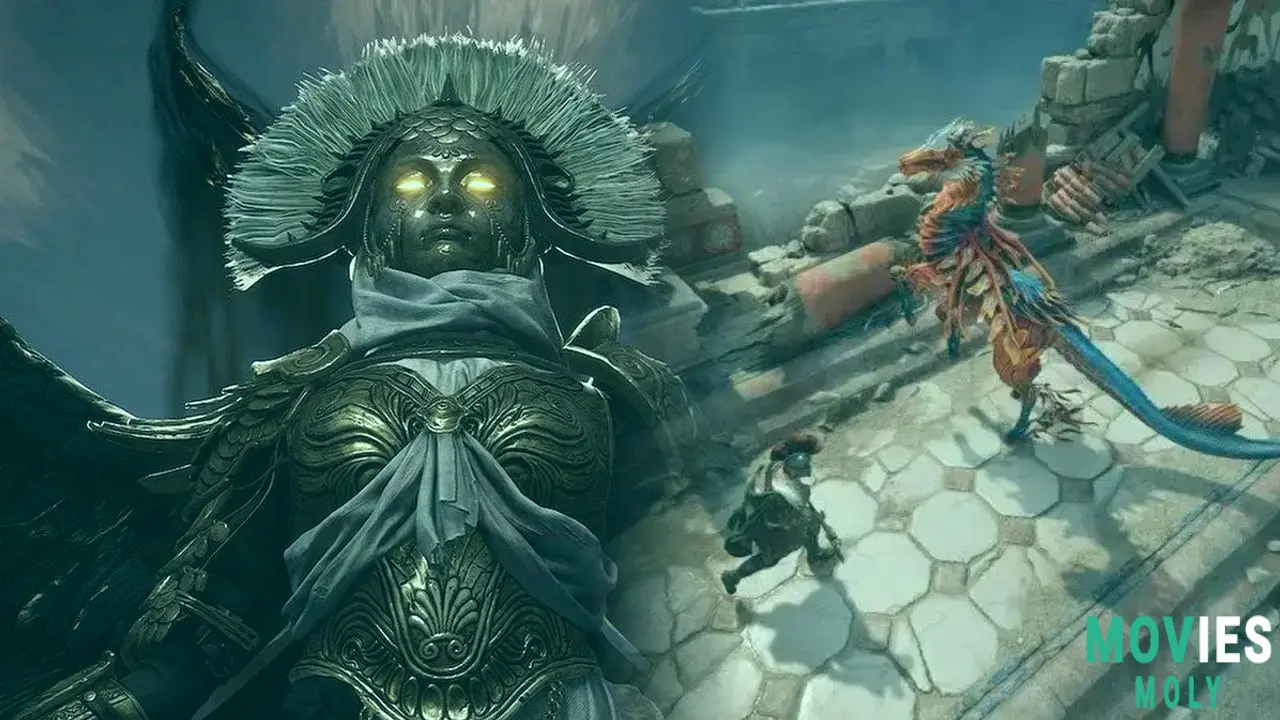
Optimizing Your Ancient Adventure.
Early access reports for Titan Quest 2 show some performance issues, including frame rate decreases. While the game's visuals have improved over its predecessor, players with different hardware combinations may need to alter in-game settings to get peak performance. These difficulties are common in early access games and are expected to improve with subsequent releases. The developers will most likely recommend adjustments for improved optimization.
Accessibility features are becoming increasingly important in modern ARPGs. While specific features for Titan Quest 2 are still being revealed, the genre as a whole is shifting toward alternatives that appeal to a larger user base. This includes adjustable controls, UI scaling, and visual assistance, all of which help to create a more inclusive gaming experience.
Lore and Narrative: A Mythical Journey
Connecting to Greek mythology.
Titan Quest 2 immerses gamers in a realm rich with Greek mythology. The plot opens with the Spartans infuriating Nemesis, the goddess of retribution, resulting in a world inhabited by monsters and the undead. The player character is swiftly drawn into the struggle, as Nemesis herself targets them. This narrative concept creates a solid atmospheric foundation for the game.
The game is intimately related to specific Greek tales, including memorable foes and locales. This method allows the plot to unfold in a familiar yet threatening world, adding to the game's distinct atmosphere. The developers have created a story worthy of myth and legend, offering an engaging backdrop for the ARPG action.
Multiplayer Experience: Co-op in the Ancient World.Teaming Up Against the Gods.
Titan Quest 2 has a cooperative multiplayer option in which players can team up for adventures. This feature improves replayability and introduces a new element to the gameplay. While early access reports note some rough edges and occasional issues in multiplayer, the basic functionality lets pals to explore the constructed world and confront mythical creatures together.
Co-op can alleviate some of the problems provided by more difficult adversaries and allows players to combine their individual skill builds to form better team compositions. The social aspect of playing with others adds another dimension of excitement, turning the voyage through ancient Greece into a collaborative experience.
Finally, Titan Quest 2 offers a convincing option in the congested ARPG industry. Its devotion to a simpler, buy-to-own approach, as well as its emphasis on classic gameplay aspects, set it apart from the major live service providers. While Diablo 4 continues to expand with new content, Titan Quest 2 offers a refreshing Greek vacation, demonstrating that a simpler approach can be just as enjoyable.

